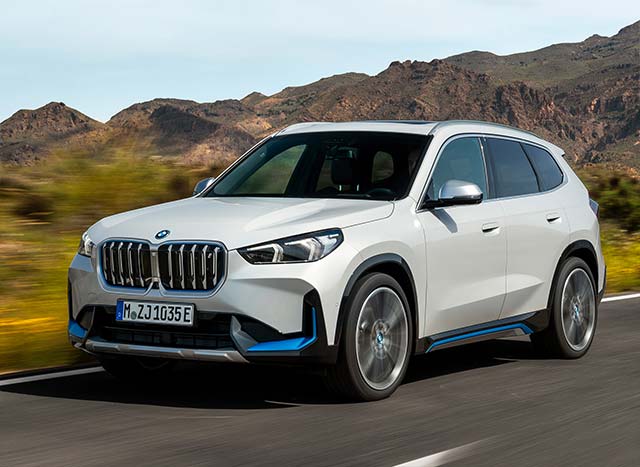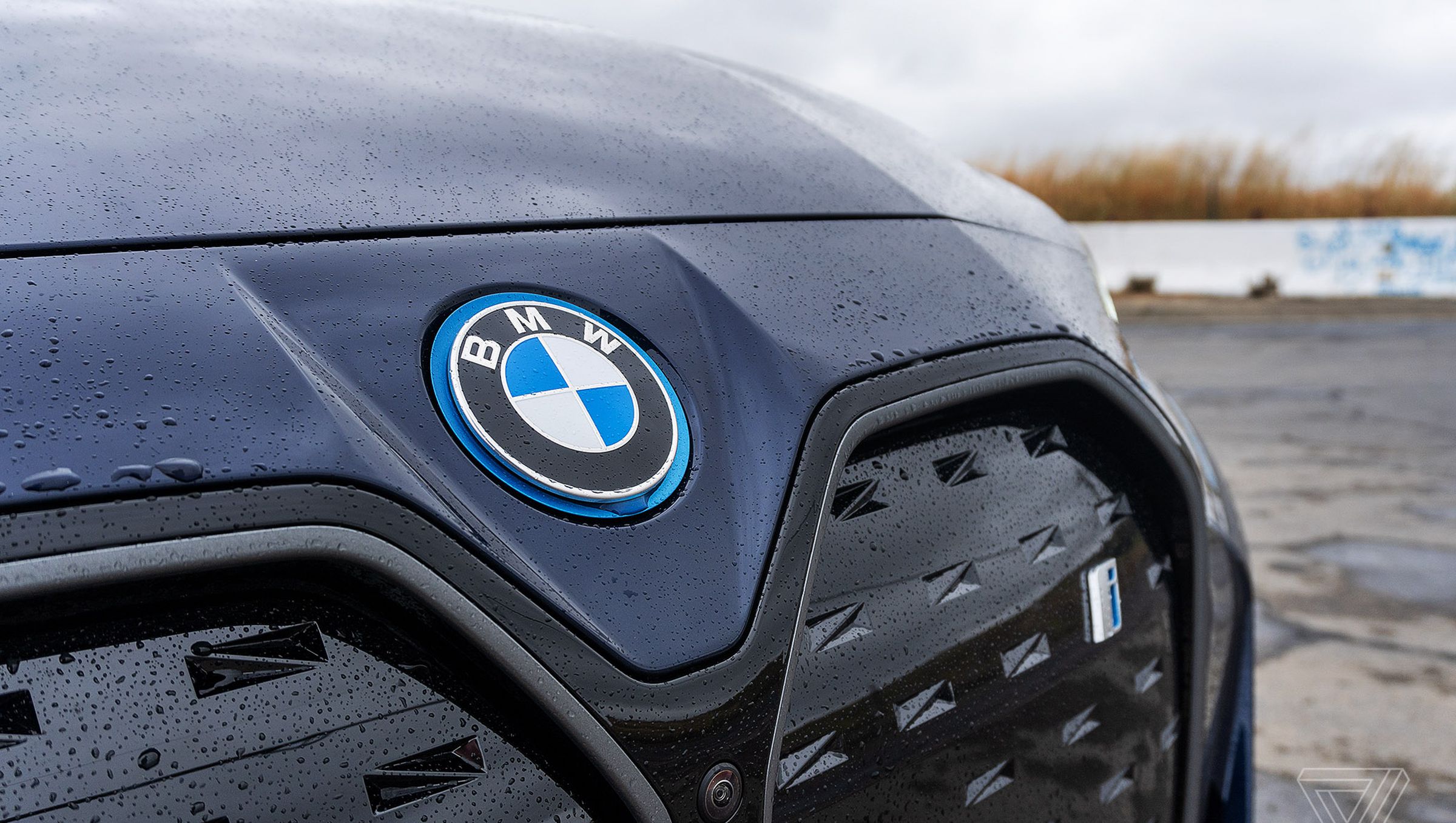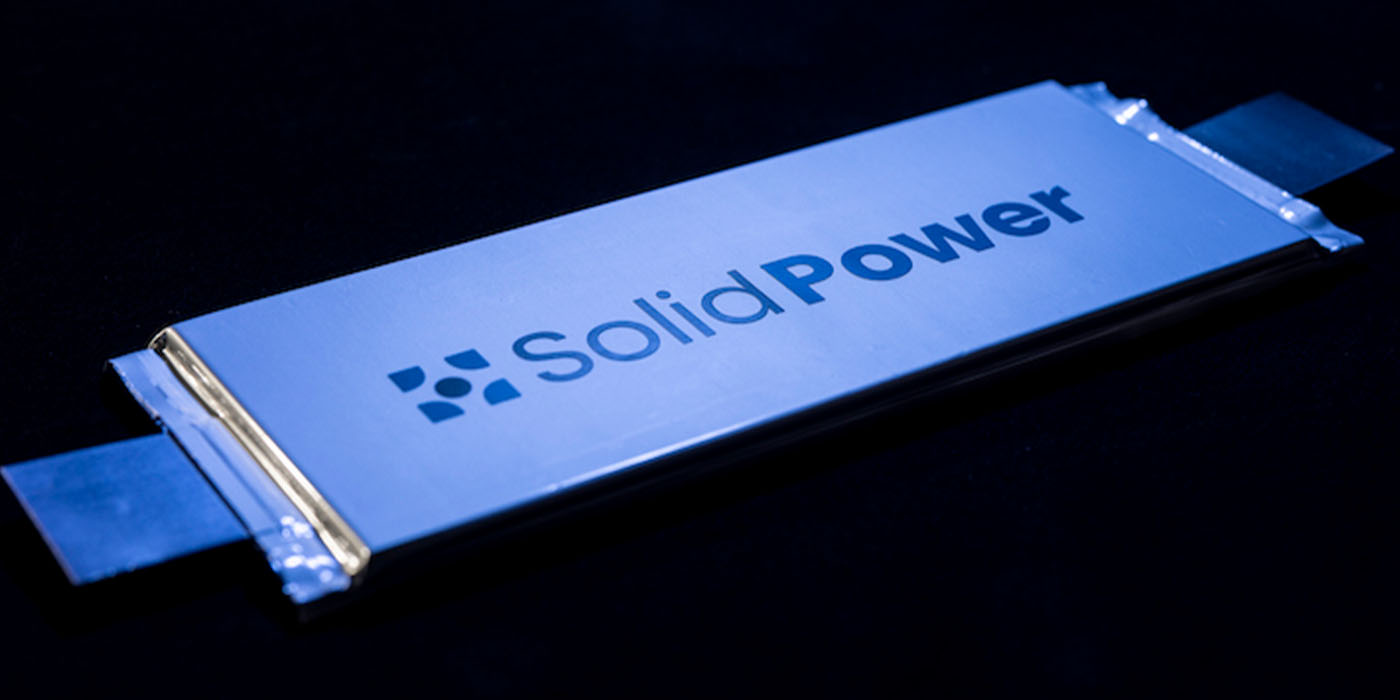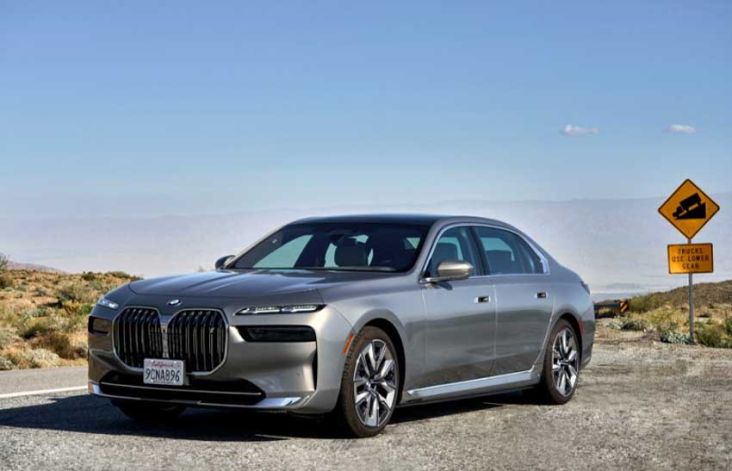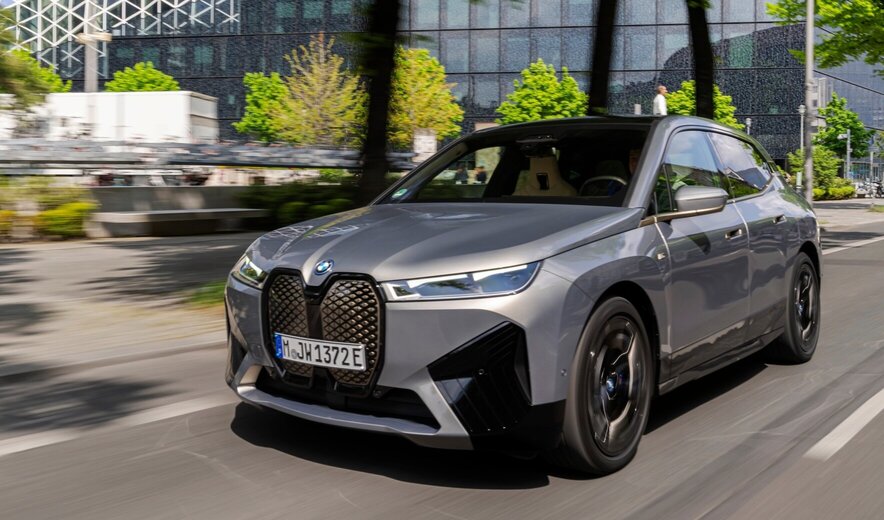BMW Group CEO Oliver Zipse stated that the company’s future investment in the US will be determined by market demand, not politics.
Despite the Inflation Reduction Act (IRA) requiring North American production and sourcing of key parts and raw materials for EV tax credits, Zipse emphasized that the company will not be swayed by political agendas and will make decisions based on what is financially beneficial for the company.
The automaker is facing pressure to re-evaluate its EV parts and battery production and supply in order to qualify for the $7,500 tax credit in the US.
“We would not change in a substantial manner our strategy because of current politics. Our cars have a life cycle of maybe seven years, sometimes even longer. That’s roughly two or three administrations,” Oliver Zipse said
BMW’s top executive used an example from the Trump era to illustrate the risks of responding to political pressures, pointing to the similar pressure the company faced to increase its manufacturing presence in the US at that time.
“We discussed with the previous administration … and they would try to force us into the implementation of a combustion engine plant in the United States, which we don’t have today,” Zipse said. If BMW had gone along, it would have been a bad decision, given the auto industry’s pivot away from fossil fuels, the executive noted.
Zipse expressed his disappointment with the Inflation Reduction Act, which he believes gives an advantage to US automakers with large domestic production and supplier networks.
He called for a fair competition, stating that all manufacturers should be incentivized or given tax breaks if they sell electric vehicles in the US, similar to the way it is done in Europe.
He pointed out that BMW is already invested in the US, with its largest factory in the world located in Spartanburg, South Carolina, employing 11,000 people, producing over 416,000 SUVs last year, with 40% of them exported worldwide.
He also highlighted the company’s $1.7 billion investment in building a new generation of electric SUVs in South Carolina, and that it would be unfortunate if BMW is not included in the benefits of the IRA.

